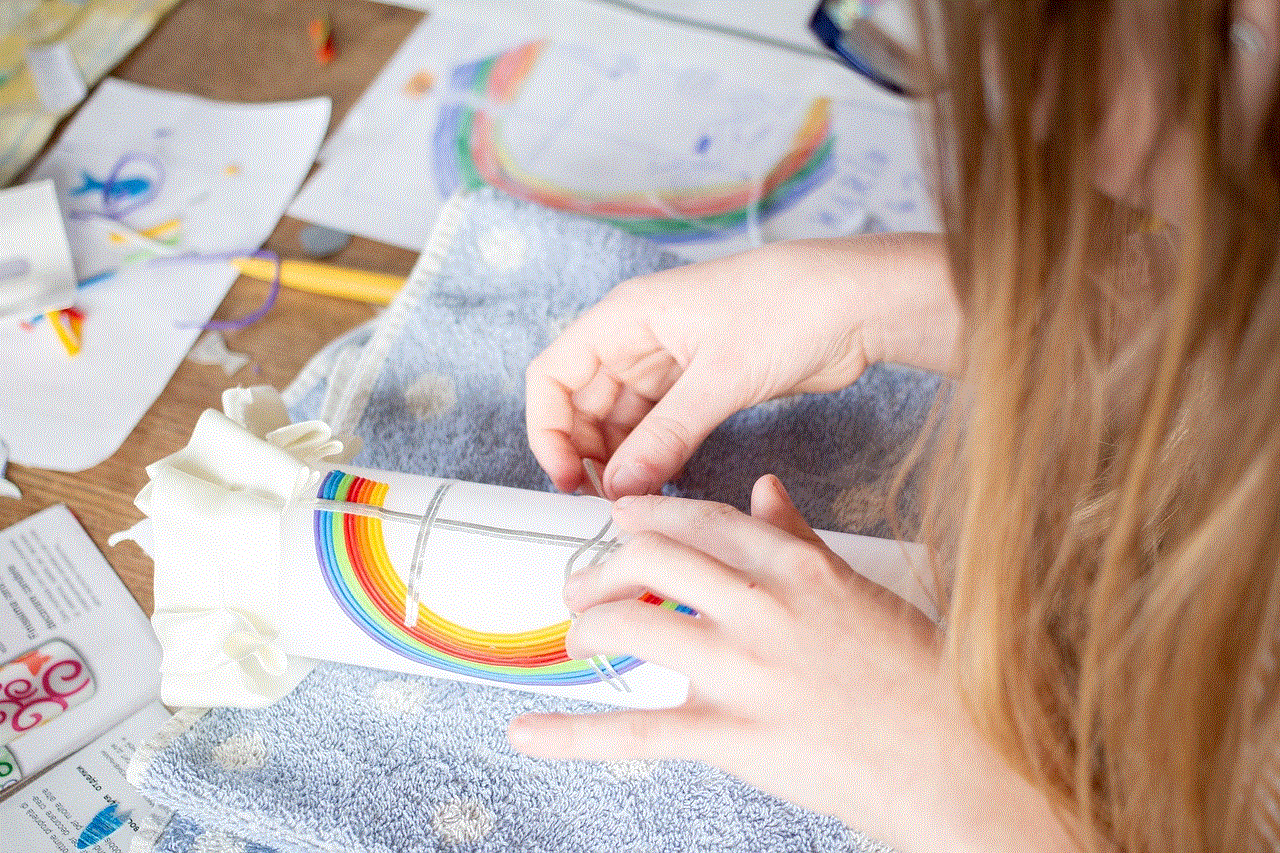league of legends rating age
League of Legends, a popular multiplayer online battle arena (MOBA) game, has taken the gaming world by storm since its release in 2009. With over 80 million monthly active players and a thriving professional esports scene, it has become one of the most played and watched games in the world. But what makes League of Legends so appealing to players of all ages? In this article, we will explore the concept of rating age in League of Legends and how it affects the game and its community.
First, let’s define what rating age means in the context of League of Legends. In simple terms, it refers to the age at which a player is considered skilled enough to compete at a high level in the game. This is usually determined by their in-game rank, which is a reflection of their performance and skill level. The higher the rank, the higher the rating age of the player.
One might wonder why rating age is even a factor in a video game. After all, shouldn’t anyone of any age be able to play and enjoy a game? While this is true, rating age in League of Legends is not just about age, but also about experience and skill. As with any competitive game, there is a learning curve and it takes time and dedication to reach a high level of play. This is why rating age is often associated with a certain age range, as players who are younger may not have had enough time to develop the skills needed to compete at a high level.
Now, let’s delve deeper into the concept of rating age and how it affects different age groups in League of Legends. It is important to note that while there is no specific age requirement to play the game, the average age of players in the community is between 16-25 years old, with the majority falling in the 18-24 range. This is not surprising, as this age group is typically more skilled and experienced in gaming compared to younger players.
For younger players, rating age may not be as relevant as they are still learning and developing their skills. However, for those in their late teens and early twenties, rating age becomes a significant factor. This is the age range where players are more likely to take the game seriously and aspire to reach a high rank. As a result, they may face challenges such as balancing their studies or work with their gaming schedule, as well as dealing with the pressure to perform well in-game.
On the other hand, for older players, rating age may not hold as much weight. This is because they may not have the same level of dedication and time to invest in the game as younger players. They may also have other responsibilities such as family and work, which may limit their gaming time. However, this does not mean that older players cannot reach a high rank and compete at a high level. In fact, there are many successful older players in the League of Legends community who have proven that age is just a number when it comes to skill and dedication.
Another aspect to consider is the impact of rating age on the game itself. As players progress through different ranks, they are matched with other players of similar skill level. This ensures fair and balanced gameplay, as players are not pitted against opponents who are significantly better or worse than them. However, this also means that players of different rating ages may not have the opportunity to play against each other, as they are unlikely to be matched in the same game. This can lead to a divide within the community, as younger and older players may not have as much interaction or understanding of each other’s experiences in the game.
One potential concern that arises from rating age in League of Legends is the issue of ageism. This is the discrimination or prejudice against individuals based on their age. While ageism is a prevalent issue in society, it can also manifest in the gaming community. Younger players may be looked down upon by older players for not being as skilled or experienced, while older players may be dismissed as being too old to compete at a high level. This can create a toxic and unwelcoming environment for players of different age groups.
However, it is important to note that rating age is not the sole factor in determining a player’s skill and potential in League of Legends. As mentioned earlier, there are many successful older players who have proven that age is not a barrier to success in the game. It ultimately comes down to individual dedication, practice, and understanding of the game.
In conclusion, rating age is a complex and multifaceted concept in League of Legends. While it may play a role in determining a player’s skill level and the matchmaking process, it should not be the sole defining factor. Every player, regardless of age, should be given the opportunity to learn and improve at their own pace and be judged based on their individual skills and dedication. As the game continues to evolve and attract players of different ages, it is important for the community to embrace diversity and foster a welcoming and inclusive environment for all players.
what does smh mean when texting
In today’s digital age, texting has become the primary mode of communication for many people. With the rise of smartphones and social media, texting has become an integral part of our daily lives. It allows us to stay connected with friends and family, and it is also a convenient way to communicate with colleagues and acquaintances.
However, with the widespread use of texting, there has been an increase in the use of abbreviations and acronyms. This can be confusing, especially for those who are not familiar with the language of texting. One such acronym that has become popular in recent years is “SMH”. In this article, we will discuss what SMH means when texting and its various interpretations.
What Does SMH Mean?
SMH stands for “shaking my head” and is commonly used in texting and social media. It is often used to express disappointment, disapproval, or disbelief at something. The phrase “shaking my head” is a literal interpretation of the acronym, implying that the person typing it is shaking their head in response to something they have read or heard.
The origin of SMH can be traced back to the early days of the internet when chat rooms were a popular means of communication. Users would use acronyms to save time and effort while typing, and “SMH” was one of them. However, it gained widespread popularity with the rise of social media platforms like Twitter and facebook -parental-controls-guide”>Facebook , where character limits and the need for quick responses made acronyms like SMH more appealing.
Interpretations of SMH
While “shaking my head” is the most commonly accepted interpretation of SMH, it can also have other meanings depending on the context in which it is used. Here are some of the most popular interpretations of SMH:
1. Disapproval or disappointment: As mentioned earlier, SMH is often used to express disapproval or disappointment at something. It can be used in response to a statement, action, or situation that the person finds absurd, frustrating, or irritating.
2. Disbelief or shock: SMH can also be used to express disbelief or shock at something. It is often used when someone encounters something that is hard to believe or shocking.
3. Confusion: In some cases, SMH can also be used to express confusion or bewilderment. It can be used when someone is unable to understand something or is confused about a situation.
4. Sarcasm: Just like any other acronym, SMH can also be used sarcastically. It can be used to mock someone or to express disagreement with something in a humorous manner.
5. Embarrassment: SMH can also be used to express embarrassment or awkwardness. It is often used when someone does or says something that is cringe-worthy or socially unacceptable.
6. Annoyance: SMH can also be used to express annoyance or exasperation. It can be used when someone is irritated or frustrated with a person or situation.
7. Disrespect: In some cases, SMH can be used disrespectfully towards someone. It can be used to show disrespect or disregard for someone’s opinion, action, or behavior.
8. Agreement: While it may seem contradictory, SMH can also be used to express agreement with something. It is often used when someone agrees with a statement or idea that is unconventional or controversial.
9. Regret: SMH can also be used to express regret or disappointment in oneself. It can be used when someone realizes they have made a mistake or done something they are not proud of.
10. Indifference: In some cases, SMH can also be used to indicate indifference or apathy. It can be used when someone is not interested or does not care about something.



Alternatives to SMH
While SMH is a popular acronym, it is not the only one used to express the above-mentioned emotions or reactions. There are several alternatives that can be used depending on the context and the intensity of the emotion being conveyed. Some of the commonly used alternatives to SMH are:
1. Facepalm: This is often used to express embarrassment, frustration, or disappointment. It is often accompanied by the emoji of a person with their palm on their face.
2. Sigh: This is used to express disappointment, exhaustion, or resignation. It is often accompanied by the emoji of a person sighing.
3. Eye roll: This is used to express annoyance, sarcasm, or disbelief. It is often accompanied by the emoji of a person rolling their eyes.
4. Headdesk: This is used to express frustration, disappointment, or embarrassment. It is often accompanied by the emoji of a person hitting their head on a desk.
5. Face with hand over mouth: This is used to express shock, disbelief, or embarrassment. It is often accompanied by the emoji of a face with a hand over its mouth.
The Impact of Texting on Communication
The widespread use of acronyms like SMH in texting has raised concerns about the impact of texting on communication. Some argue that the use of acronyms and abbreviations is making people lazy and affecting their ability to communicate effectively. Others argue that it is simply a new form of language that is evolving with the times.
While there is no denying that texting has changed the way we communicate, it is also important to note that it has its advantages. It allows us to stay connected with people, especially in today’s fast-paced world where everyone is constantly on the go. It also provides a quick and convenient way to communicate, especially in situations where making a phone call may not be possible.
However, it is essential to maintain a balance and not let texting take over traditional forms of communication. It is crucial to use proper language and avoid using acronyms when communicating with someone who may not be familiar with them. This will ensure that everyone is on the same page and avoid any misunderstandings.
In conclusion, SMH is a popular acronym used in texting to express a range of emotions and reactions. While it may have different interpretations, it is essential to use it responsibly and not let it affect our ability to communicate effectively. With that said, SMH is here to stay, and it is up to us to embrace it and use it in a way that adds value to our communication.
what does ofccc mean in text
In the world of texting and messaging, it’s common to use shorthand and abbreviations to communicate quickly and efficiently. One such abbreviation that has become popular is “ofccc.” But what does it actually mean? Is it a new slang term or just a typo? In this article, we’ll delve deeper into the meaning of “ofccc” and explore its usage in text.
To begin with, “ofccc” is an abbreviation for “of course.” It’s used to express agreement or confirmation in a conversation. For instance, if someone asks “Are you coming to the party tonight?” and you reply with “ofccc,” it means that you will definitely be attending the party. This abbreviation is often used when you want to show enthusiasm and certainty in your response.



The use of “ofccc” in text is not limited to just agreeing with someone. It can also be used to emphasize something that is obvious or well-known. For instance, if someone says “The sky is blue,” you can respond with “ofccc” to show that you already know this fact. It’s similar to saying “obviously” or “duh” in a conversation.
Another common usage of “ofccc” is to indicate sarcasm. In this context, it’s similar to using “of course” in spoken language. For example, if someone says “I’m the best dancer,” and you reply with “ofccc,” it implies that you don’t believe them and are being sarcastic. This usage of “ofccc” is often seen in humorous or playful conversations.
One interesting thing to note about “ofccc” is that it’s not a widely accepted abbreviation. It’s more commonly used among younger generations and in informal conversations. You’re unlikely to see it being used in a professional setting or in formal written communication. This is because it’s considered informal and may not be understood by everyone.
Now that we’ve explored the meaning and usage of “ofccc,” let’s take a look at some examples of how it’s used in text:
Example 1:
Person 1: “Do you want to go to the beach tomorrow?”
Person 2: “ofccc, it’s been ages since we went there.”
Example 2:
Person 1: “I think I aced my exam.”
Person 2: “ofccc, you always do.”
Example 3:
Person 1: “I can’t believe she said that.”
Person 2: “ofccc, she’s always been like that.”
Example 4:
Person 1: “I can’t wait for the concert tonight.”
Person 2: “ofccc, it’s going to be epic.”
Example 5:
Person 1: “I’m sorry, I can’t make it to the party.”
Person 2: “ofccc, no worries. There will be more parties.”
As you can see from these examples, “ofccc” is often used to express agreement, confirmation, or sarcasm in a conversation. It adds a casual and informal tone to the text and can help convey emotions that may be lost in written communication.



While “ofccc” may seem like a new term, it’s not entirely new. The use of abbreviations in text has been around for a long time, and “ofccc” is just one of the many abbreviations that have emerged in recent years. Some other popular abbreviations include “lol” (laugh out loud), “btw” (by the way), and “omg” (oh my god).
In conclusion, “ofccc” is an abbreviation for “of course” that is commonly used in text to express agreement, emphasize the obvious, or convey sarcasm. It’s a casual term that is mostly used in informal conversations among younger generations. While it may not be widely accepted, it has become a part of modern slang and is likely to be around for a while. So next time you see “ofccc” in a text, you’ll know exactly what it means.